Do you ever feel some concern about the way that technology addiction has shaped the current generation of our students? In today’s episode we explore the insights of Neil Postman who realised almost 50 years ago that technology and media proposed significant challenges for all aspects of culture.
Author
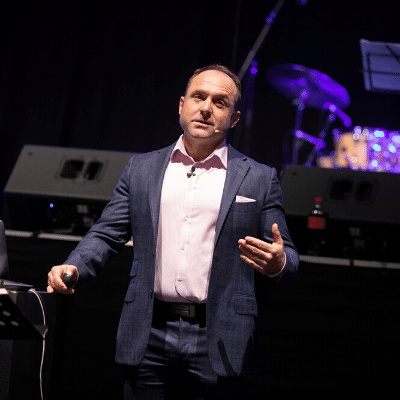
Jonathan Doyle
Jonathan Doyle is an international speaker, author, businessman and executive coach who has spoken around the world to more than 400,000 people on topics related to personal development, peak performance, leadership, Catholic school evangelisation, relationships and much more.
His recent keynote addresses include the NCEA National Convention in St. Louis Missouri to 10,000 delegates and he is a frequent keynote speaker in the US, Asia and Europe.
He is also the founder of an influential education and media business that delivers training content to hundreds of organisations and thousands of individuals around the world on a weekly basis.
Jonathan holds an undergraduate degree in education from the University of Canberra, a Masters Degree in Leadership and Management from the University of Newcastle and has also undertaken post-graduate study in philosophical anthropology.
He is the author of numerous books on relationships and peak performance and each day shares these same ideas with a large global audience via The Daily Podcast with Jonathan Doyle.
Finishing Strong is a loud and clear call for every young person to make the very best of their final years of school. Based on hundreds of seminars around the world to a huge number of students Jonathan Doyle offers powerful, practical advice that can make a major difference.
Each chapter offers inspiring stories, clear principles and actionable steps for identifying and moving forward in study, life, friendships and each key area of life.
Jonathan also includes journal questions and guided reflections at the end of each chapter to maximise learning and ensure the ideas and principles can be made real, personal and achievable.
If you want to help your child or students make the very best of their final years of high school then it;s time to help them finish strong!
10,000 Teachers Have This Book Already!
How can we help teachers avoid burnout, cynicism and exhaustion?
How can the Catholic teacher live their vocation more fully, share the faith with young people and a make a difference in the world?
Over the last two decades, Jonathan Doyle has reached hundreds of thousands of Catholic teachers and leaders around the world with a message of hope and encouragement.
In Tools and Fuels, Jonathan offers a compelling vision of what Catholic schools can be in the 21st century and practical and inspiring strategies about the way each Catholic teacher can play their part in living their vocation, reaching young people and saving the world.
Find out more HERE
TRANSCRIPT
Catholic Daily Podcast Nov5 2020
Catholic Daily Nov 5
Well, Hey everybody, Jonathan Doyle with you. Once again, welcome aboard to the Catholic teacher daily podcast. Hope you’re doing well wherever you are. In the great big adventure of Catholic education, it has never been, or possibly never been more important. To have great Catholic teachers doing what you guys are doing every single day.
Uh, this podcast is being recorded as the U S election is still being worked out. But, uh, wherever you come down on a, on the political side of things, it’s just. I don’t know whether it’s the nature of our technology, but it just seems like this. The turmoil in the world, the. The, um, Tension and rage just seems to be everywhere. I think it’s probably got a lot to do with the technology.
That, uh, you know, in the past, That’d be reporting and journalism and newspapers or get printed, but it could take a wall for that information to get out. But now it’s just so real time. Isn’t it. And, uh, it looked, that’s kind of what I want to talk about today. Definitely not the election. Uh, in my other podcast, I said, ah,
Fastest way to lose half your audience is to, uh, talk about elections. Today, we’re talking about something that’s I think really important. For Catholic education, something I’m quite passionate about. I I’ve felt this for many years and, uh, reading something today. And trusting in prayer that the Holy spirit is, um, you know, giving me useful promptings to, to share some ideas with you guys.
I want to come across an article called a amusing ourselves to death, revisiting the prophetic work of Neil postman. So don’t stress. I’m going to make this relevant to Catholic education and the work that you’re doing in the classroom each day now. If you’re not familiar with Neil postman. A very famous professor of communications at New York university. So.
He wrote something about 35 years ago. A very famous place called amusing ourselves to death, public discourse in the age of show business. Now what this really boiled down to was kind of the idea that a lot of our public discourse, public communication, political communication. Was trending towards being evaluated in terms of its entertainment value.
So rather than engaging with deep and complex ideas, it was a culture that was increasingly looking to be entertained. And this would go back. You know, if you look at the end of the second world war, of course you have a lot of people coming home. You have a booming economy, you have people buying consumer goods for the first time televisions coming into the homes.
And of course. You know, people are competing for market share. And a television entertainment became a big thing. Now postman was pointing to the fact that these new media forms, these new methods and modes of communication. And not sort of neutral there or anything but neutral. And I’m not saying let’s burn books and unplug our televisions necessarily, but he makes the point that when you have to compete for eyeballs, when you have to kind of compete for public attention,
Then you begin to present ideas and news as a form of entertainment and postman 35 years ago, Neil postman. Realize that this was going to be enormously problematic for culture. Because truth would be one of the first things to take a big hit. So what’s this got to do with you will firstly, Catholic teachers are totally in the business of truth. That is a pretty politically incorrect thing to say these days. But part of, I guess what’s on my heart is too.
Reaffirm and encourage you to step back into this incredible role. That you actually have. We’re not coaches. I mean, it might be part of our work, but we’re not just, um, mentors that stand alongside our students and cheer along with whatever they find. Interesting. We’re really presenting truth. Why? Because we’re presenting a person who is the truth.
So really to be a great Catholic educator is to be somebody deeply on the side of what is true. I mean, remember the words of Jesus, where he said all who are on the side of truth. Listen to my voice. You know, Jesus, didn’t say that the truth was a. You know, politically contentious ideal. He said that he was the truth.
So as we interpret reality with, and for our students, We’re doing that through the lens of truth. And the reason I think this article is important is because it’s reminding us that, uh, The students that we’re teaching have been born into a culture where ideas around truth. And the. Destiny. And the essence of what it means to be human person have been profoundly fragmented. I think yesterday I talked about the tribal nature of that, how people are being reduced into all sorts of tribes and groupings, which creates enormous tension in culture.
And as I said yesterday, one of the great beauties of. Christianity was that unified people and the fundamental identity of people became son or daughter of God. So now let’s talk a little bit about postman’s thing and we’ll wrap up. Uh, the articles written by Casey chalk. And I just emailed him to see if we can get him on the podcast for a longer discussion. Cause, uh,
He says this, this is from Casey chalk and he’s quoting part of Neil postman. He, he are talking about these technologies that began to reshape culture in terms of entertainment. He says these technologies are far from neutral. They are rather equipped with a program for social change. That’s from Neil postman.
And then Casey Chuck says postman cites research conducted in the 1980s. That proved that virtual learning. But television was inferior to learning from reading and person to person teaching. Look, I think this is really important. I’ve believed in this for really a few decades now. I think there’s a pretty strong case that what we learned from computer screens, tablets and handheld devices is.
Fundamentally. Assimilated by us as people. In an inferior way to wrestling with the printed page. You see, when you read. You know, the great. Greek philosophers, or when you read st. Augustine. It’s work. You know, recently I bought ’em. Plutarch’s Roman lives and I’m, uh, uh, Jonathan’s not like the other children.
And I remember, you know, for weeks I would go to sleep each night. Reading another one of Plutarch’s Ryman lives and you work through that really slowly. And I wonder what’s happened. A lot of our schools is we’ve become captive to this juggernaut around media and technology that. We’re not allowing or encouraging our students, or maybe even modeling ourselves the kind of deep work and patients required.
To develop. You know, wisdom, insight. You know, the idea that we shouldn’t memorize anything. I know my eight year old, my nine year old daughter, she’s like obsessed with Roman numerals. She wants me to teach her. He wants to learn the Roman numerals. So I like this idea and the reason I’m sharing this with you is because I want to really encourage you to not be afraid to go back to doing some of that deep work with your students.
Of deep person to person teaching. Can I be honest with you? Look, we were struggling with some of our kids’ schooling and we’re looking to make some really big changes because. So much of it now is teaching on autopilot. You know, my daughter who’s in high school, she’s recently been asked to watch this.
You know, this. Documentary 2040. Some of you’ll be familiar with it. It has more holes in the Swiss cheese factory. But the company that’s pushing, it provides in a huge amount of done for you, worksheets and support materials. Now. That’s not necessarily problematic, but I think it highlights a trend where teachers are so time, poor and exhausted.
And there’s so much coming at them. Some of the expectations that there’s a vulnerability there where it’s easy to walk into a room, put on a video, download some worksheets and Hey Presto, that’s done. You know, I think we can all be honest with each other and say that. You know what Casey chalk and Neil postman are talking about here is something that we all know is much richer.
Which is deep teaching, right. Which is really deep teaching, which is taking the time. To really unpack ideas. Listen to students’ perspectives. Uh, you know, probe their thinking challenge, their thinking, help them begin to think logically. Encourage them to read deeply. These things aren’t easy and it’s on my heart to say that.
You know, you can hear me saying this and go, you will. Sure. Jonathan, that’s lovely. It’s nice for you to sit there and say that, but you know what it’s like in the classroom and yeah. You know, I was obviously I was teaching before. And it is really difficult, but it’s not impossible. And. The way that we do it, as I say in seminars, is this deeper and deeper and deeper and deeper abandonment.
To the Holy spirit. It gives us the promptings and the directions and the capacity.
To do what we struggled to do in our own strength. Okay. Last couple of things here. Now. He said he that Mmm.
The last thing I want to say, Hey, this is Casey talked, talking about Neil postman. He says he unequivocally condemned education. That mimics entertainment. An urge to return to learning that is hierarchical. Meaning that it gives students first a foundation of essential knowledge before teaching critical thinking.
So I like that idea. He unequivocally condemned education that mimics entertainment. Have you ever felt in that trap that, uh, our job as educators is to entertain us students and you can see how this all comes together. If they’re born into a culture. Where, you know, the entertainment is maximized with the most important thing is distraction and entertainment.
Then it’s hard. I’ve been coaching a soccer team lately, one of my kids. And, um, I hope they never listened to this, but. It’s been striking to notice the problems that this next generation of kids are having with attention. And I know you’re seeing this every day. It was quite extraordinary from when I was teaching a few years ago to now it’s like really fascinating to notice this extraordinary shift.
In concentration. But, you know, he says he unequivocally condemned education that mimics entertainment. So, all I want to say to you in this episode is, do not be afraid. To become a teacher again. Do not be afraid to be a wisdom figure. Again, I remember for years hearing principals and people say things like, you know,
Our job isn’t to be the Sage on the stage. You know, why not? Why not. Why not be the Sage on the stage. I mean, you’re older, you’ve done more life. You’ve studied more. Maybe you are a bit of a wisdom figure. Maybe you do have some great insight because there. The children and maybe part of the problem in our culture is.
Blurring the lines between adults and children. I mean, it doesn’t mean we don’t, you. Treat young people, of course, with the dignity and respect of children of God. But it also doesn’t mean we have to pretend that everybody’s exactly the same at the same point of spiritual, emotional intellectual development. You’re the adult. And.
You have so much to offer. You’ve been through so much of life. You’ve learned a lot. You’ve read a lot. You’ve watched great movies. You’ve listened to great music. I can remember. Doing a lesson once where I played dumb Tchaikovsky’s 18, 12 overture, you know, the one where they play with the actual father, real cannons.
I had a whole group, I eighth grade students. And they’re just like, this is sick. That was six, a. Hectic. So don’t be afraid to do that. All right. We’ll see if we can get re Casey chalk on the, on the show for a discussion about tech and young people. But I just want to encourage you get back in there.
Do not be afraid. To go deep, to encourage them to stillness and reading and learning and pushing them to become all that they can become or I’ve friends. God bless you. I hope that’s useful. If you have some thoughts on it. Throw something in the comments box. Uh, email me if you want to jonathan@onecatholicteacher.com. If you’re not, if you’re hearing this and you’re not getting the daily email.
Uh, cause I just send the episode out in Del email. Uh, just email me Jonathan app one Catholic teacher.com. And of course, everything else is on that website. One Catholic teacher.com. Go to the resources page, please, and make sure that you grab a free trial. Of the going deeper resources. They’re my books. Are there one Catholic teacher.com?
Hit the resources tab. Uh, please make sure you’ve subscribed. Please share this with a few friends. The more great Catholic teachers, like you listening to this on a daily basis, the better. Uh, if you would like me to interview somebody that you think is a great Catholic educator, that really embodies what we’re on about here, then let me know and I’ll, uh, I’ll follow that up. So God bless your friends, praying for you. All. My name is Jonathan Doyle. This has been the Catholic teacher daily podcast. And I’ll have another message for you tomorrow.
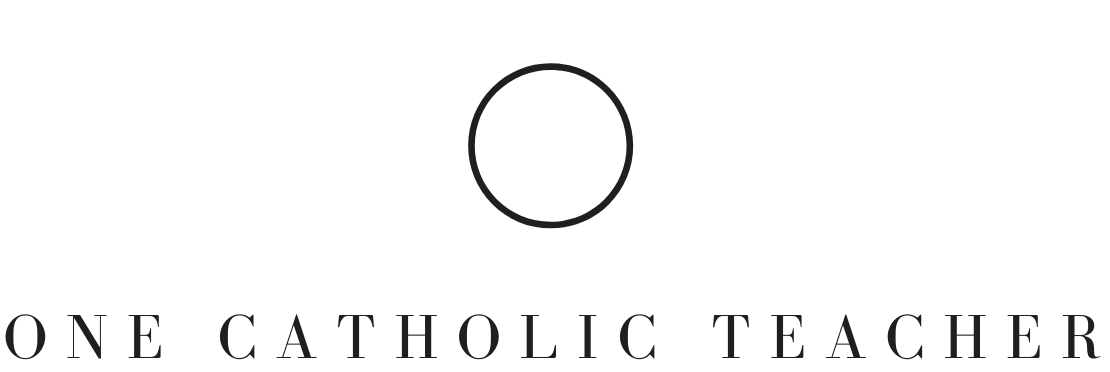
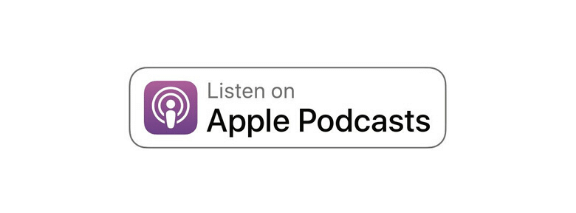


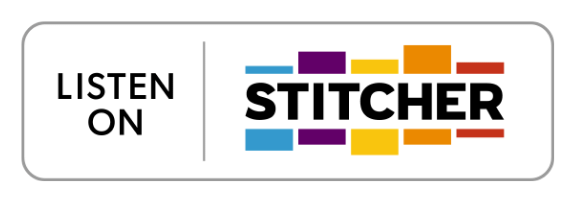
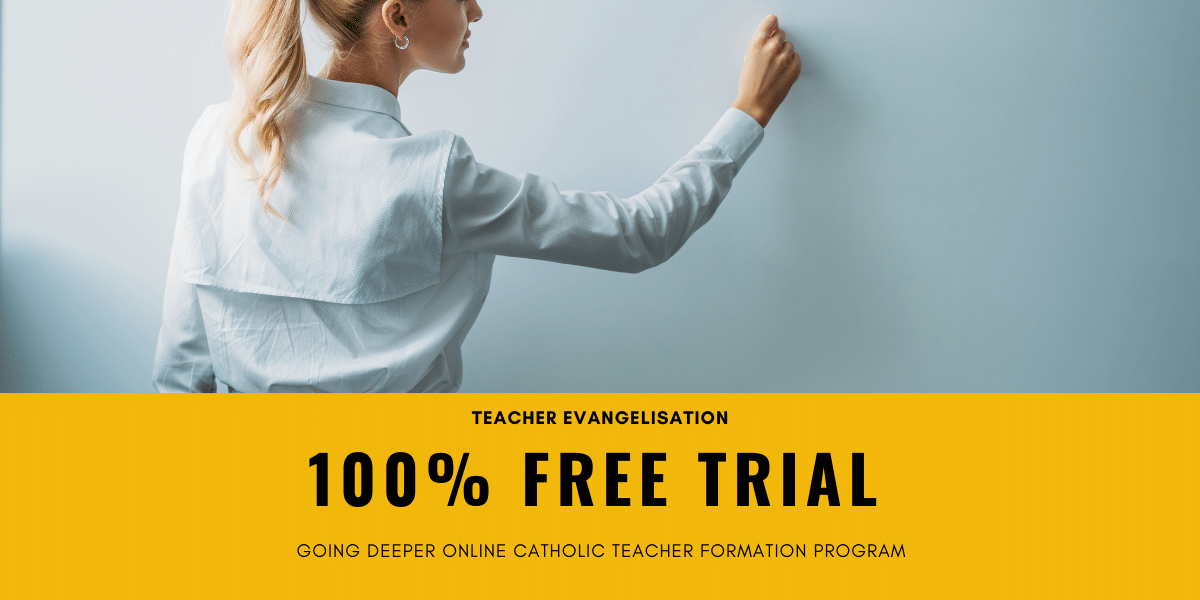
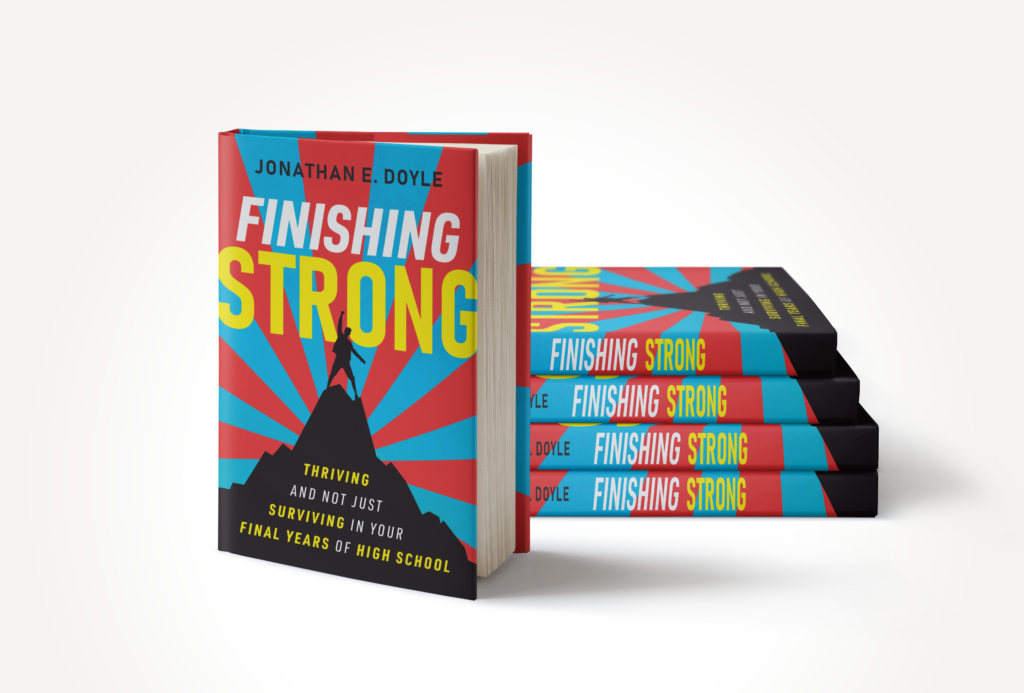





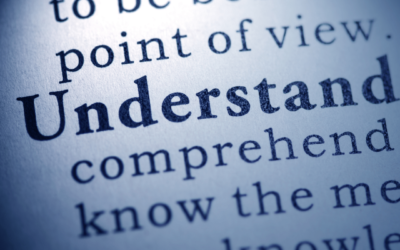

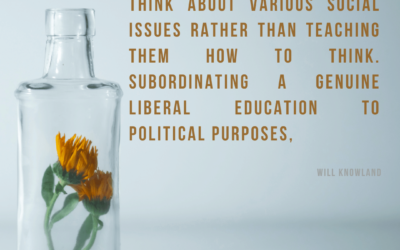


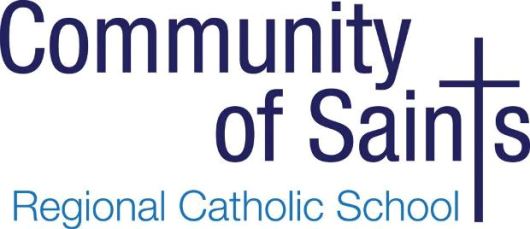

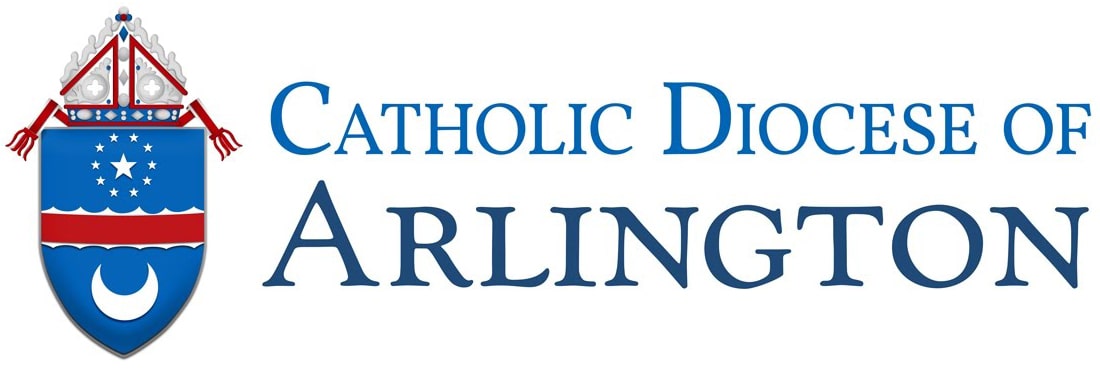
0 Comments